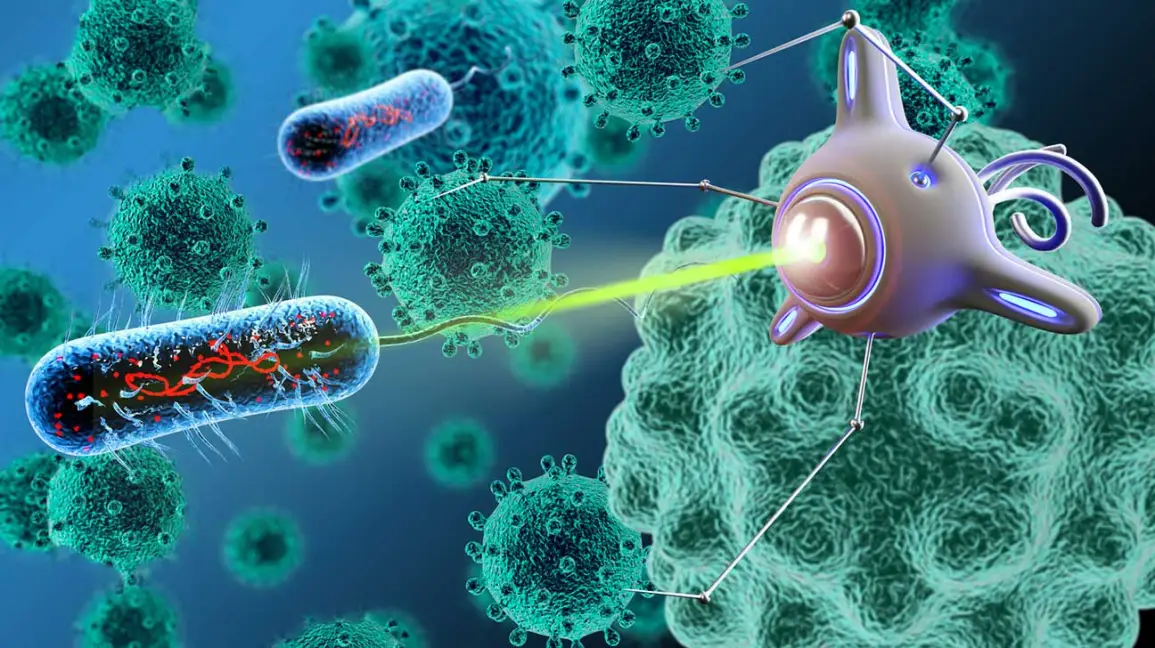Health supplements are widely available in the market. The majority of the population nowadays uses supplements. Health supplements can offer benefits in certain situations, but

The essential medicines, which are widely used in the community, are utilized by everyone at least once in their lifetime. Knowledge regarding essential medicine is

Medication adherence refers to the extent to which patients take medications as advised by their healthcare providers. Sticking to the treatment plan offers significant benefits

Drug delivery refers to the administration of medicines to patients through various routes. The drug delivery process should be accurate; otherwise, it may lead to

Diabetes is a condition in which your body struggles to control sugar levels in your blood. This can occur because your body doesn’t produce enough

Pain is a warning system that alerts your body to potential harm. The brain interprets signals, creating experience of pain. Managing pain often involves a

Alzheimer’s is a progressive and the most common neurological disorder. It primarily affects the brain, leading to memory loss. It is characterized by the accumulation

The role of excipients in drug formulations is a crucial aspect of pharmaceutical development. Excipients are inactive substances used as carriers for the active ingredients

Hereditary diseases are illnesses inherited from parents that affect numerous bodily systems. The treatment and management of these diseases are being advanced through gene therapy

It is necessary to address the misuse of medications, accidental ingestion, and prevention of environmental contamination. Expired and unused medications should not be thrown away
